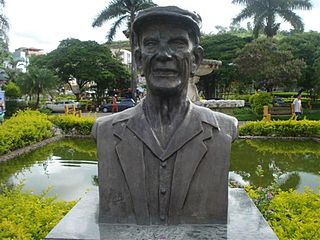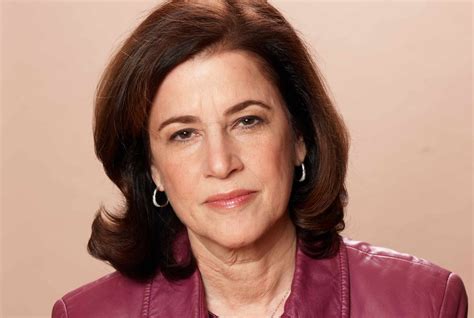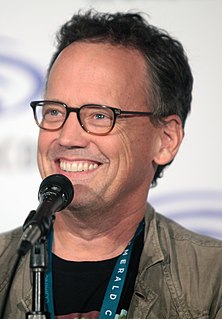A Quote by Rita Dove
I loved to write when I was a child. I wrote, but I always thought it was something that you did as a child, then you put away childish things.
Related Quotes
When I was a child, I spoke like a child, I thought like a child, I reasoned like a child; when I became an adult, I put an end to childish ways. For now we see in a mirror, dimly, but then we will see face to face. Now I know only in part; then I will know fully, even as I have been fully known. And now faith, hope, and love abide, these three; and the greatest of these is love.
That’s what death did, it treated you like a child, like everything you had ever thought and done and cared about was just a child’s game, to be crumpled up and thrown away when it was over. It didn’t matter. Death didn’t respect you. Death thought you were bullshit, and it wanted to make sure you knew it.
When I was a child, I thought I was going to be a paleontologist because I loved dinosaurs. I loved monster movies and sci-fi, and then 'Star Wars' came out, and I was completely out of my mind with that, with 'Close Encounters,' and then I thought maybe I was going to go into special effects makeup, which I thought was awesome.
Conscious parenting is a new paradign shift in the way we look at our roles as parents. It's turning the spot light away from fixing the child and managing the child, obsession with all things that have to do with the child and the child centric approach and really focusing on the evolution of the parent. It about fully understanding that unless the parent has raised themselves to a certain level of emotional integration and maturity, they will really not be able to do true service to the child's spirit.
When you raise a child, you don't sit down and take all the rules of life, write them into a big catalog, and start reading the child all these individual rules from A to Z. When we raise a child, a lot of what we do is let the child experiment and guide the experimentation. The child basically has to process his own data and learn from experience.





































